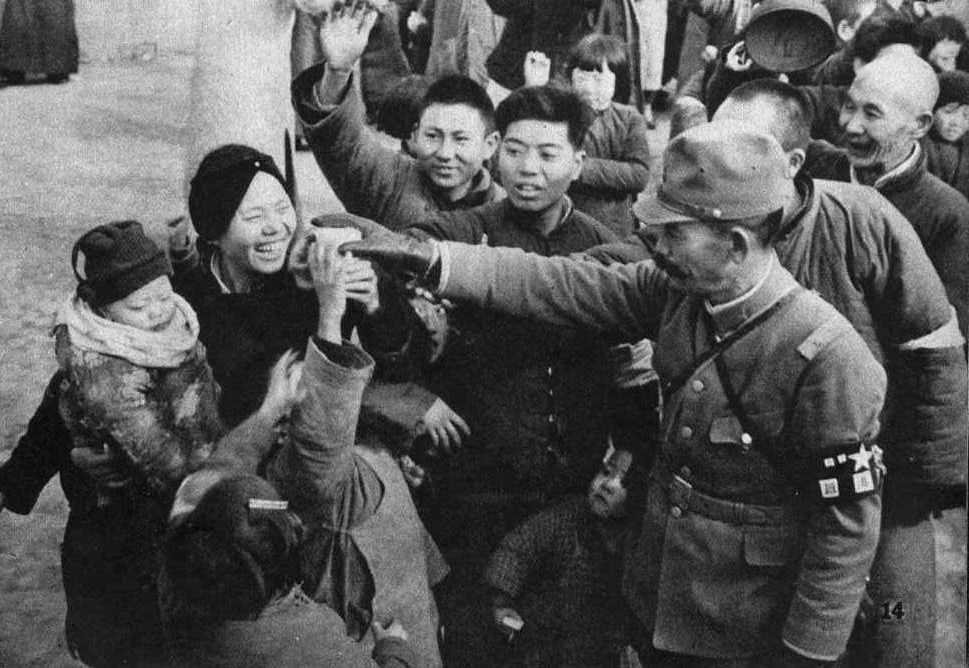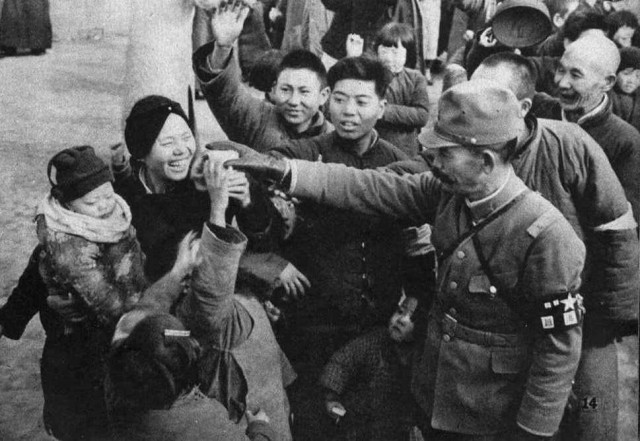This is currently the most recent intervention from Japan, who has been feeding arguments with the other Asian superpower over disputed territory and mixed interpretations of their shared past.
In the meantime, Japan has been insisting over a plan involving the re-examination of evidence on which a 1993 apology for the controversial Second World War sex slavery system was based, a subject that seems to increase tensions, particularly in South Korea.
Apparently, the National People’s Congress had chosen Sept. 3 to be celebrated as a victory day and Dec. 13 to be a day of commemoration, when people can pay tribute to those fallen when the imperial forces destroyed the capital of Nanjing.
The Japanese invasion of China took place in the 1930s and the two nations fought against each other from 1937 to 1945.
People are still uncertain whether the ‘national days’ will or will not be public holidays. Yoshihide Suga, one of Japan’s top government spokesmen declared last week that he could not comprehend the reason why China decided to take this decision, at this point in time. “I can’t deny there is a question why they have to set up these commemoration days more than 60 years after the war,” said Yoshihide Suga, who continued saying that this has nothing to do with the government and that it is just a “domestic matter” for the Asian Superpower.
Suga explained that Japan’s position in history, in the past of the nation and the Second World War will always be the same, since it can’t be changed, however, the spokesman added, Japan has changed over the decades, by choosing pace and nationhood, instead of holding on to wartime aggression and past mistakes.
‘Re-examine and understand,’ he said.
Tokyo and Beijing have been ‘fighting’ over some disputed islands in the East China Sea. Things got hotter between the two powers last year, when Japanese Prime Minister Shinzo Abe went on to visit the Yasukuni shrine, which honours numerous Japanese wartime criminals, The China Post reports.
On the other side, Abe said he has to work harder on getting countries such as China and South Korea to understand his actions, insisting that his visit meant nothing else but the fact that Japan will never repeat those past mistakes and that all he wants is to create a peaceful nation.
His other statement was heard at a parliamentary committee and focused on the 1993 apology issued to “comfort women”, for which Abe has decided to set up a team for re-examination.
//

